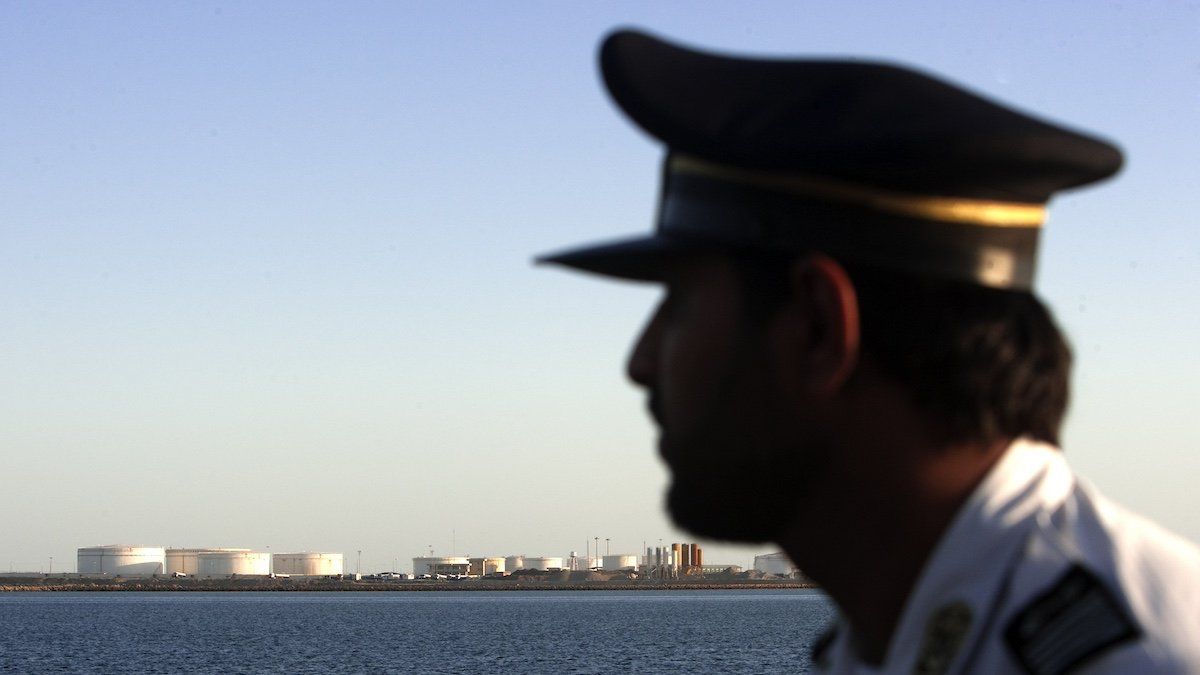On Monday, India signed a10-year-long agreement to operate and develop Iran’s Chabahar port. The move is meant to expand India’s agriculture exports to Afghanistan and Central Asia while bypassing existing routes through neighboring Pakistan, New Delhi’s main rival.
Flexing muscles. New Delhi, on track toovertake Japan as the world’s fourth-largest economy by 2025, has only managed the port under short-term contracts since 2018 and has already transported 2.5 million tonnes of wheat and 2,000 tonnes of pulses to Afghanistan. This new longer-term deal with a contractual value of roughly $370 million will reduce transit times between India, Iran, and Afghanistan.
But India is sailing at a risk. Just hours after the contract was signed, the US warned ofpotential sanctions on any country doing business deals with Tehran. Over the last three years, Washington has imposed over 600 sanctions on Iran-related entities.
India has not formally responded to Washington's warning yet, setting up a potential diplomatic clash that may test the limits of India’s willingness to defy its Western allies in order to pursue its own strategic interests in the region.
